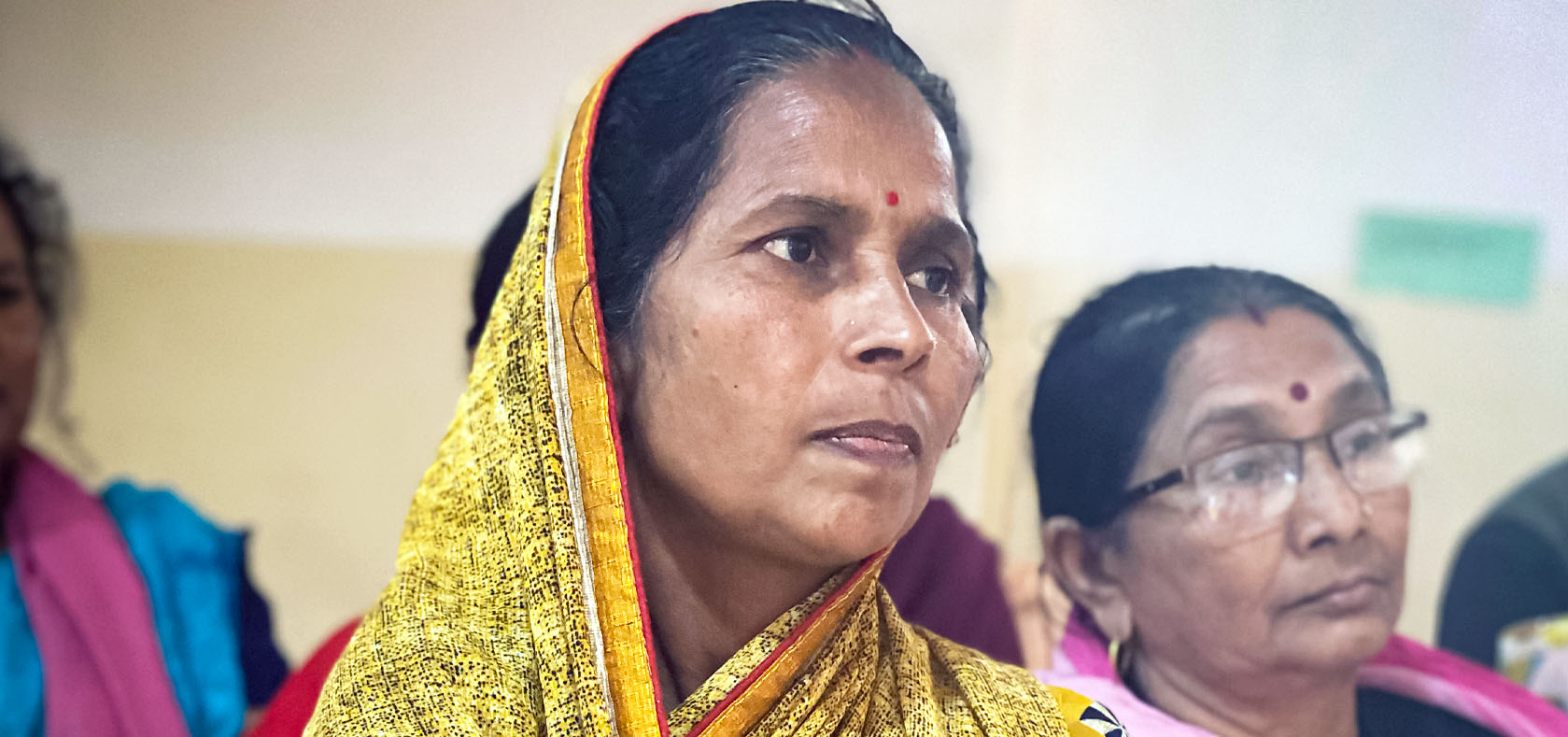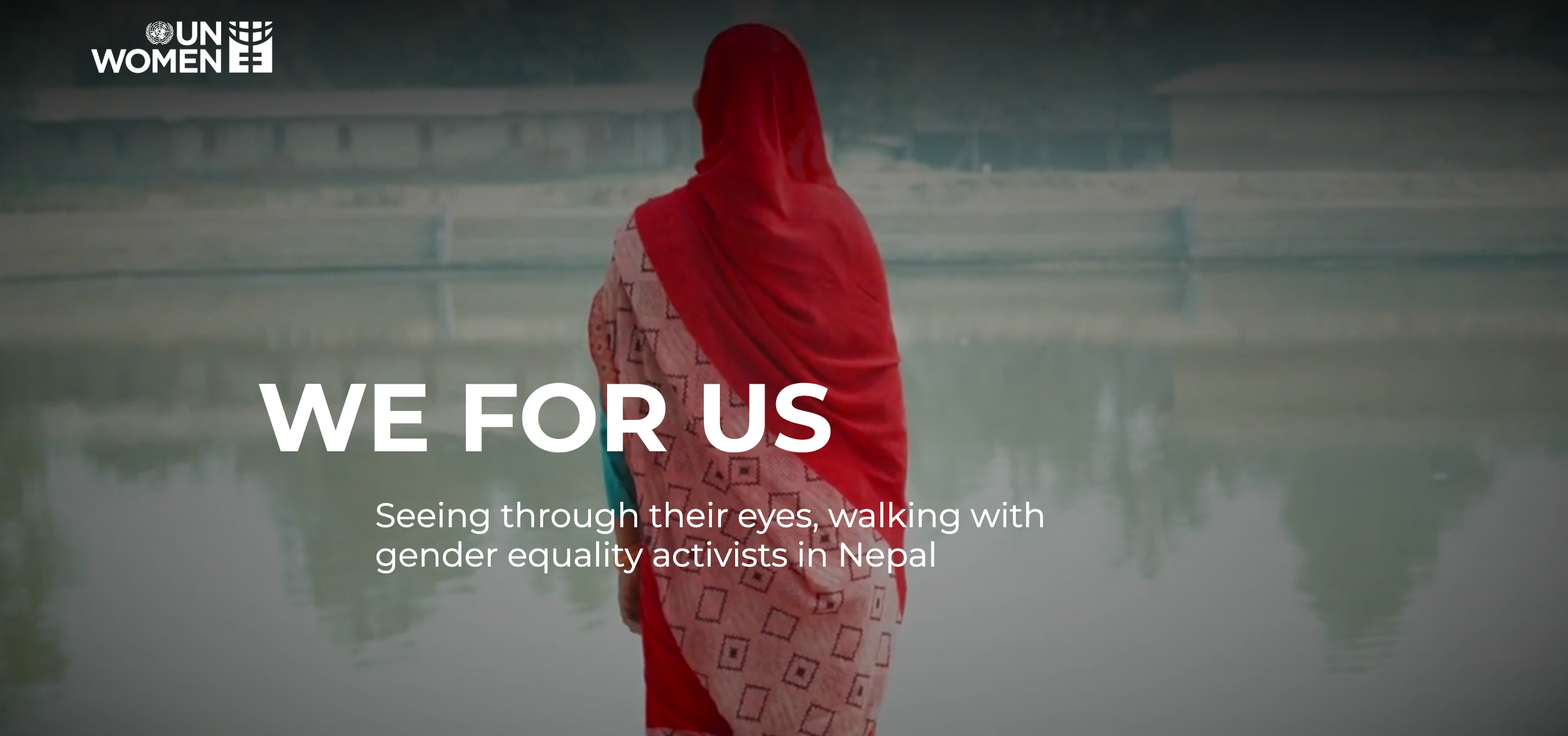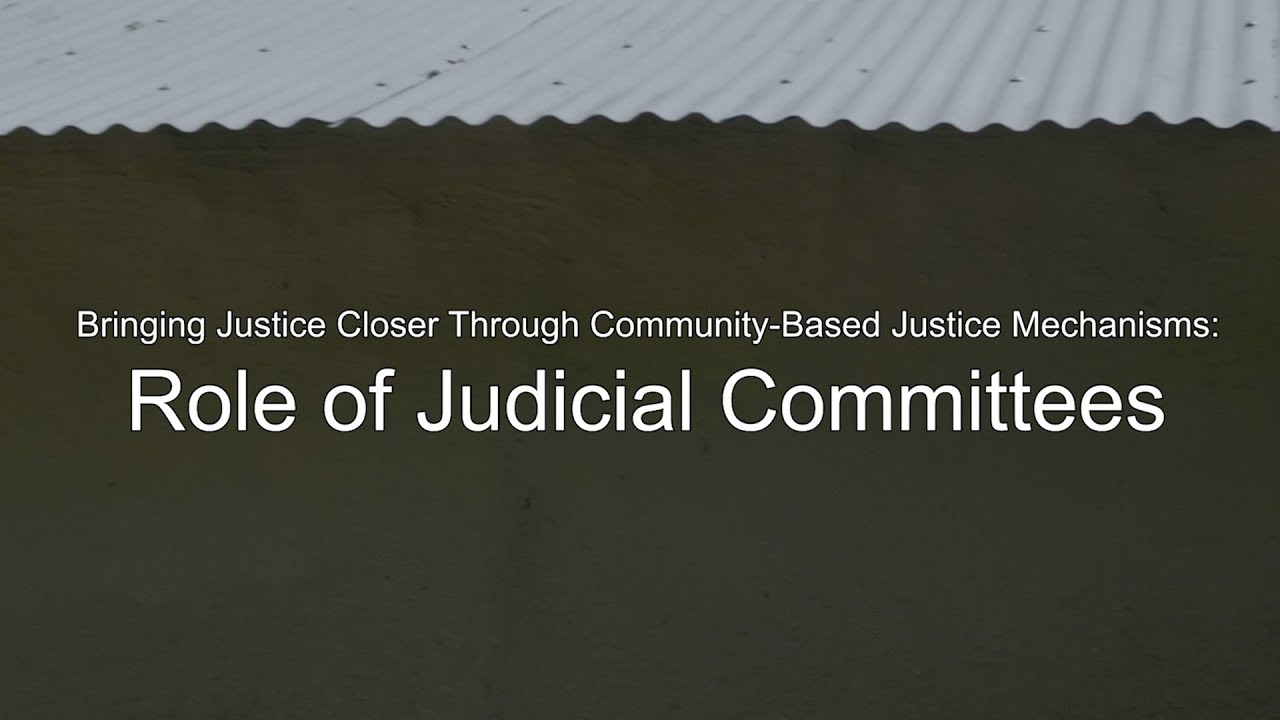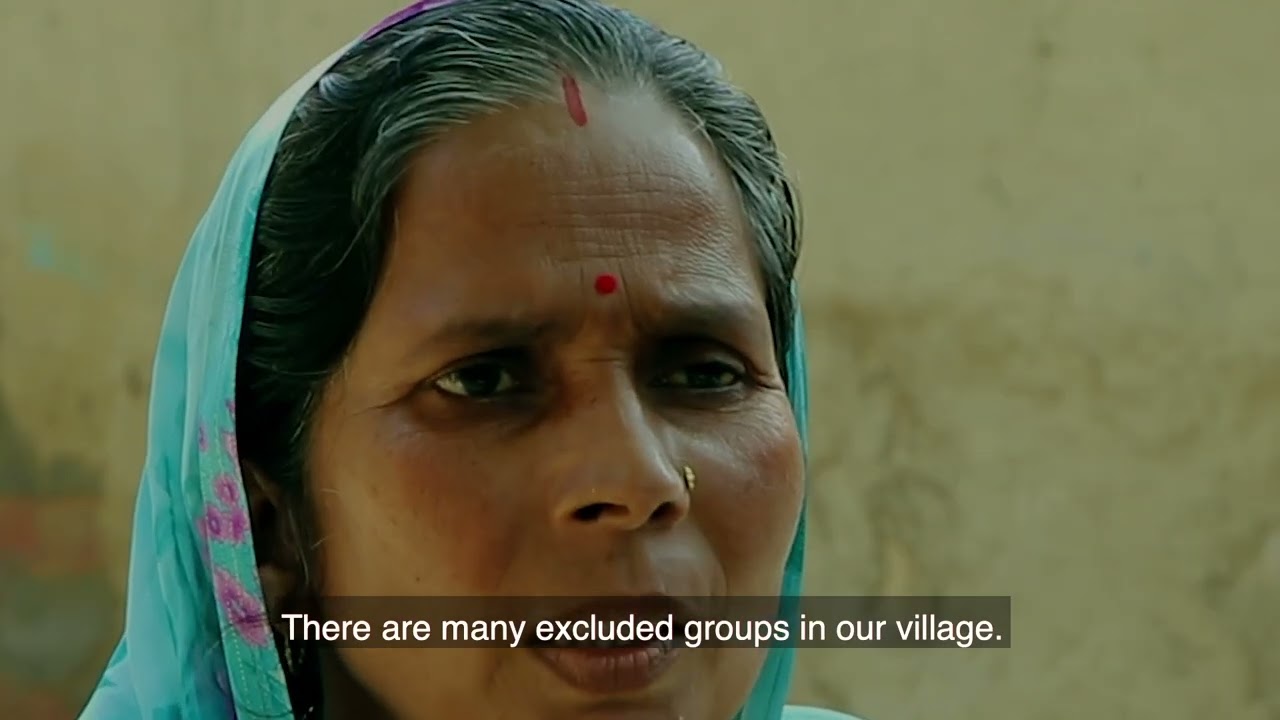In Nepal: Empowering front-line justice actors to deliver gender-responsive and people-centered justice

Photo: UN Women
UN Women promotes a people-centred, gender-responsive approach to justice. We support community-based models for gender justice by: working with women to increase their confidence and legal literacy; enhancing the gender responsiveness of community-based justice mechanisms, local leadership and establishing platforms for coordination; supporting women’s rights organizations and women human rights defenders to advocate and support women’s pursuit of justice; and involving whole communities to change social norms, which will result in the prevention of discrimination and acceptance of women as active citizens.
In 2019, UN Women launched a justice pilot model to strengthen the capacity of community-based justice actors to facilitate and enhance women’s access to justice. The pilot engaged front-line justice providers, including Judicial Committee members, mediators, community-based justice actors and representatives of grassroots women’s organizations in 10 local government units (LGUs) across three districts: Sarlahi, Doti and Kailali, in Madhes and Sudurpaschim Provinces. The justice needs of women were placed at the centre while supporting decentralization of justice systems through community-based mechanisms. The model focused on responding to the barriers in access to justice that women face, and it strengthened justice mechanisms to deliver gender-responsive people-centred justice.
Find out more in our latest brief
Women’s participation in formal community-based justice mechanisms
Learn more about the role of Judicial Committees in community-based justice mechanisms.



